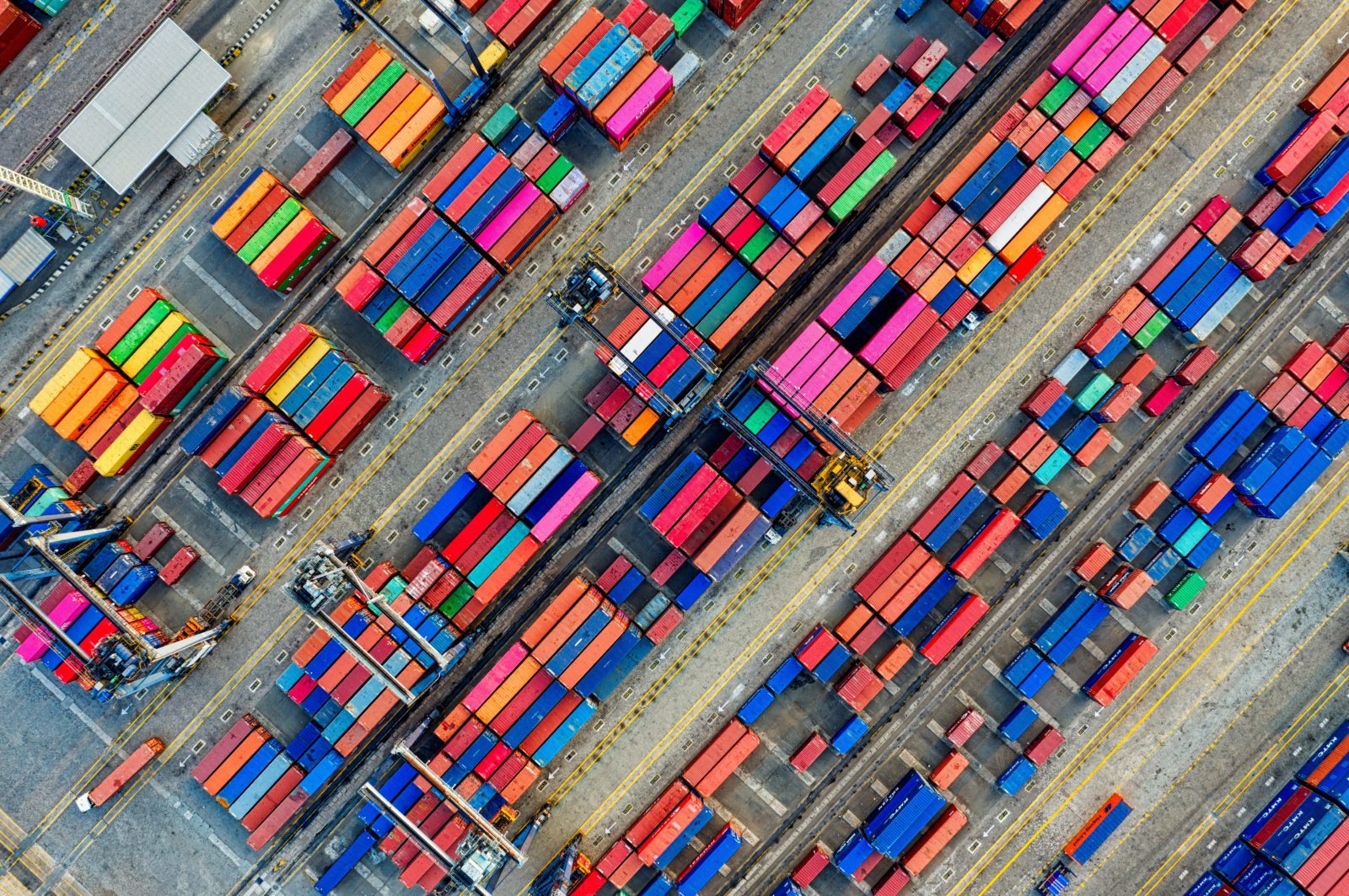The Czech Republic’s foreign trade ended March with a surplus of CZK 15.9 billion, with exports exceeding imports. This figure is better than last year by CZK 28.1 billion. The rise in exports of cars and the decrease in the value of oil and natural gas imports contributed to the positive result. The Czech Statistical Office (ČSÚ) published a preliminary balance in current prices on its website.
According to Miluše Kavěnová, director of the foreign trade statistics department of the ČSÚ, “the year-on-year growth in exports was higher than that of imports in March, so the trade balance ended in positive numbers for the third consecutive month. This was due not only to the year-on-year increase in the export of motor vehicles and their parts by about 37% but also to the lower value of oil and natural gas imports by more than 44%.”
Exports rose 7.7% yearly to CZK 416.8 billion, while imports rose 0.4% yearly to CZK 400.9 billion. March 2023 had the same number of working days as March 2022. After seasonal adjustment, exports fell 0.3% monthly, while imports fell 0.6%.
The trade surplus with motor vehicles was CZK 18.9 billion higher yearly. The trade deficit with oil and natural gas decreased by CZK 10.8 billion due to lower prices on world markets.
“Positive trade balance with machinery and equipment increased by CZK 3.3 billion, and the trade deficit with basic metals decreased by the same amount,” the ČSÚ stated.
The worse trade balance with electricity by CZK 6.3 billion, other means of transport by CZK 2.5 billion, and electric equipment by CZK 1.9 billion had an unfavorable impact.
In February, the foreign trade balance with European Union states improved yearly by CZK 18.8 billion, while the trade deficit with states outside the European Union decreased by CZK 9 billion.
The Czech Republic’s foreign trade in March ended in a surplus of CZK 15.9 billion, with exports exceeding imports. The result was a significant increase in the export of motor vehicles and their parts and lower oil and natural gas imports.
The country’s positive trade balance with machinery and equipment increased, while the trade deficit with essential metals decreased. On the other hand, the country’s negative trade balance with electricity, other means of transport, and electric equipment had an unfavorable impact.





